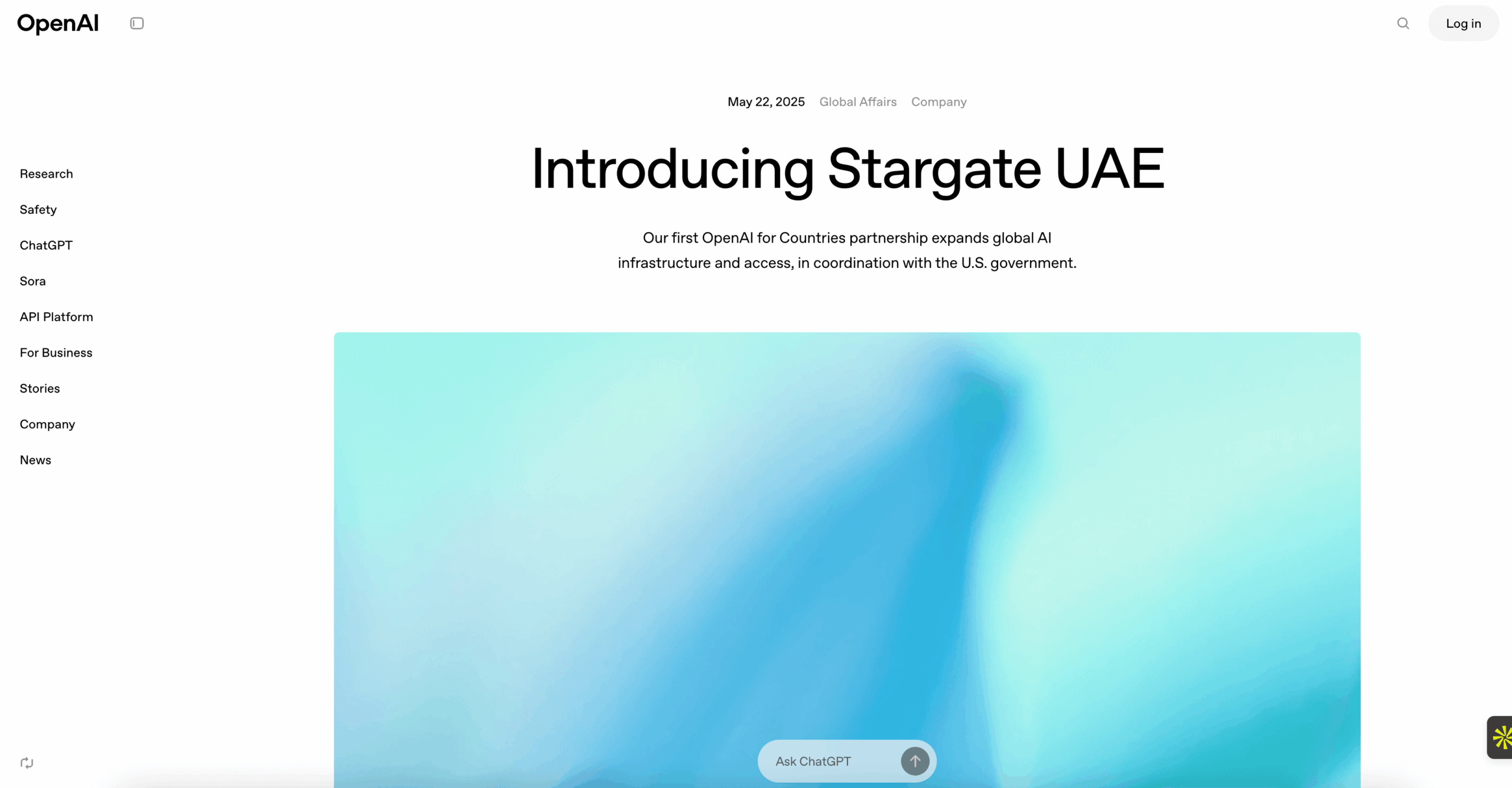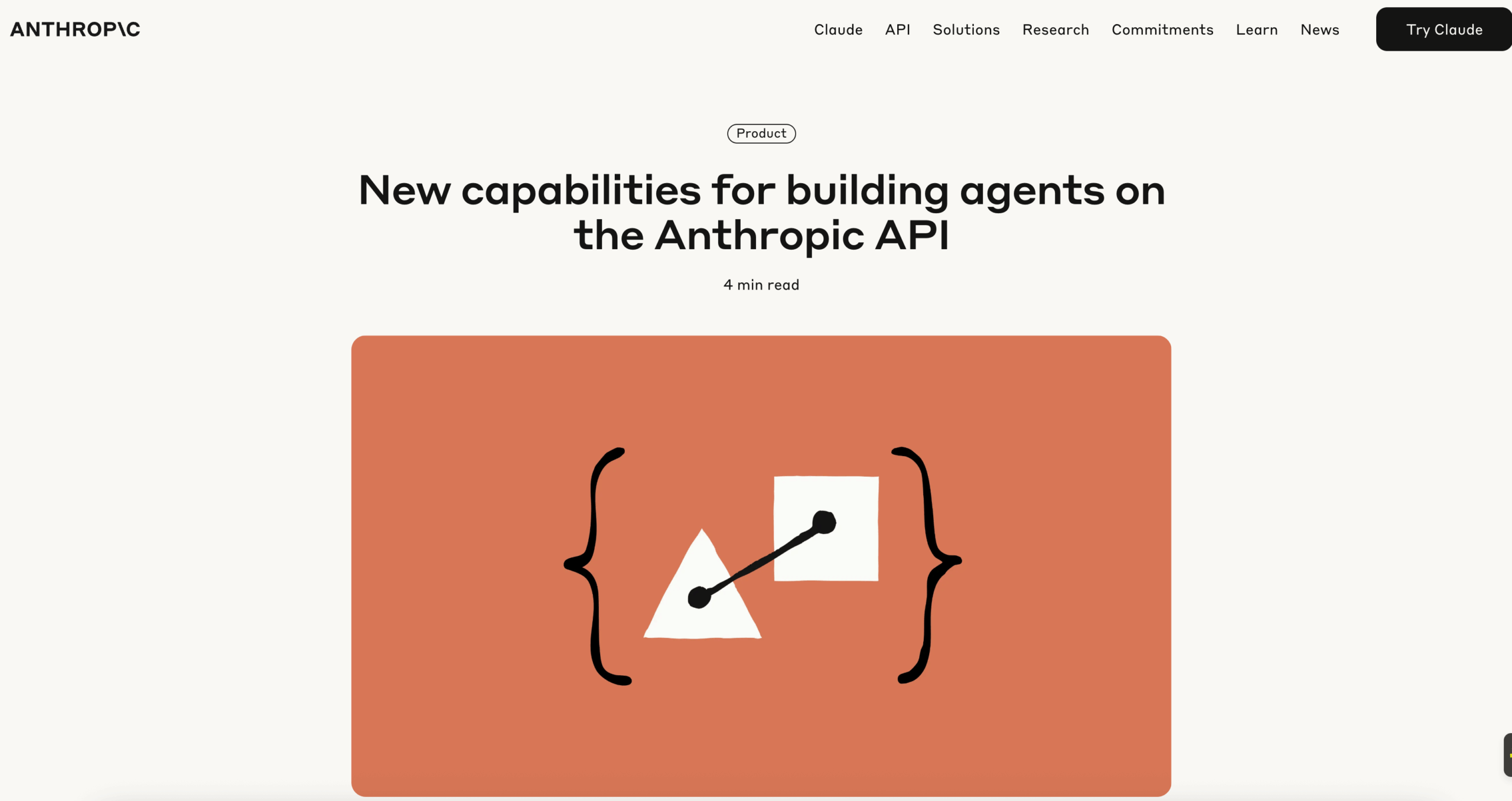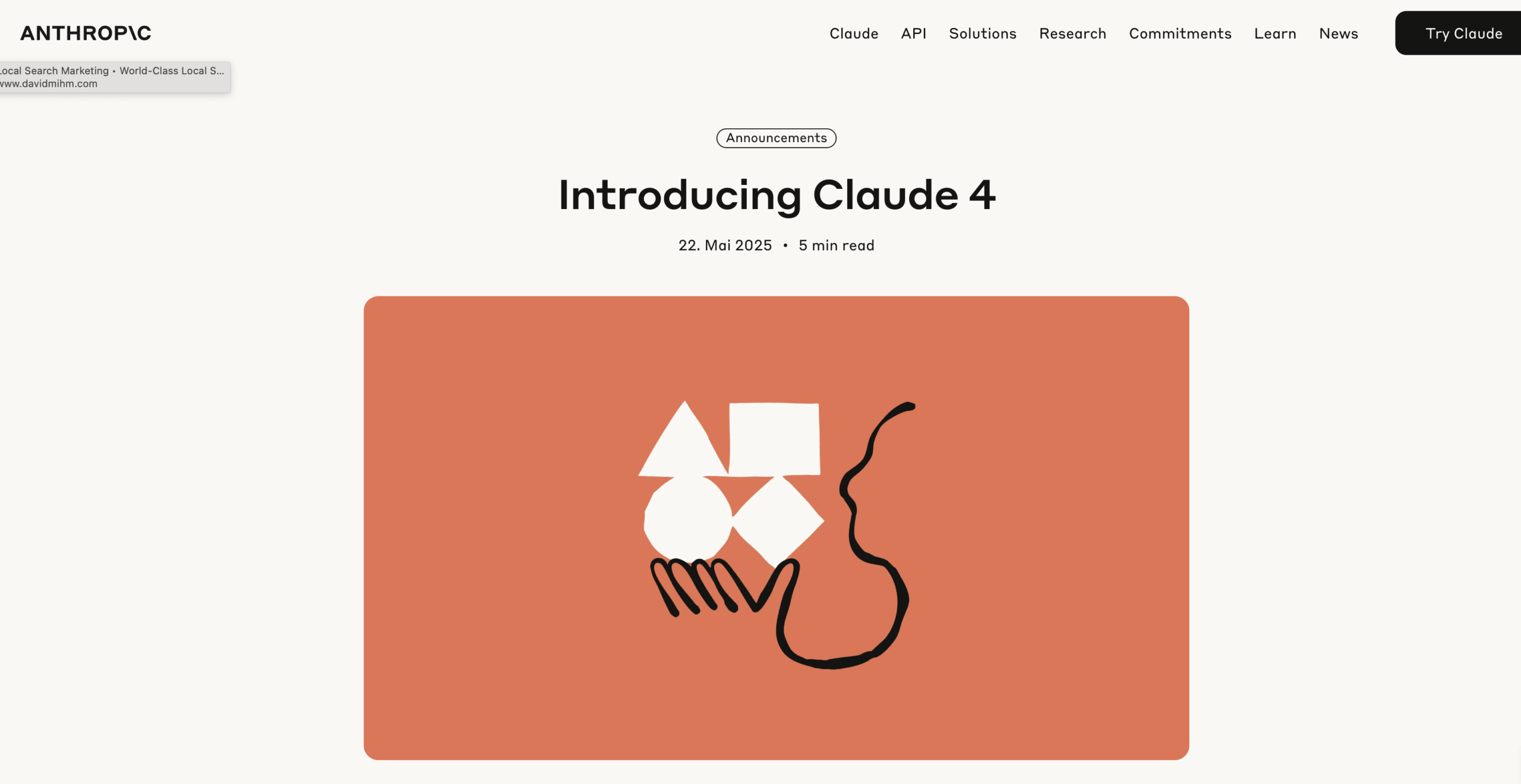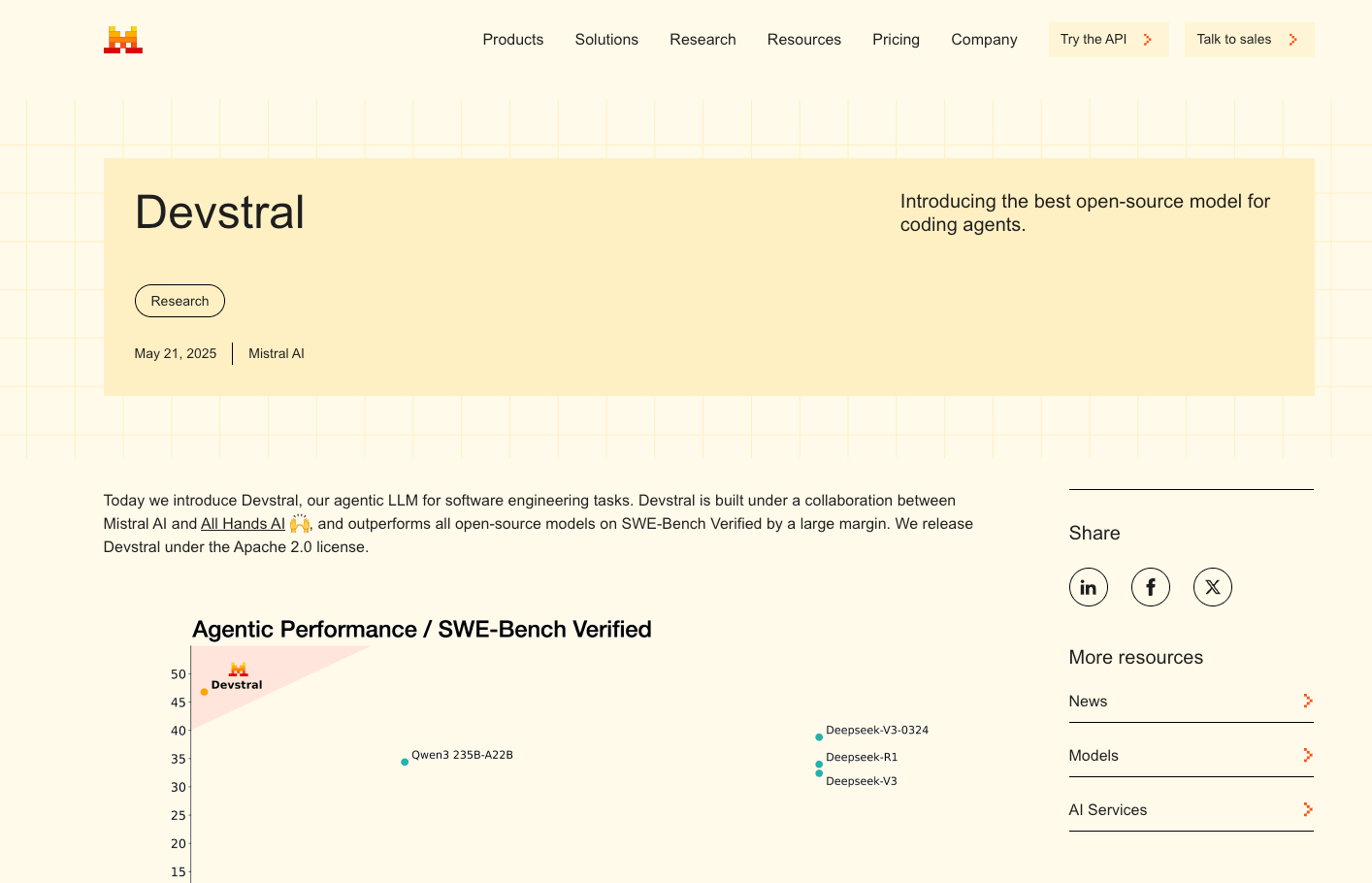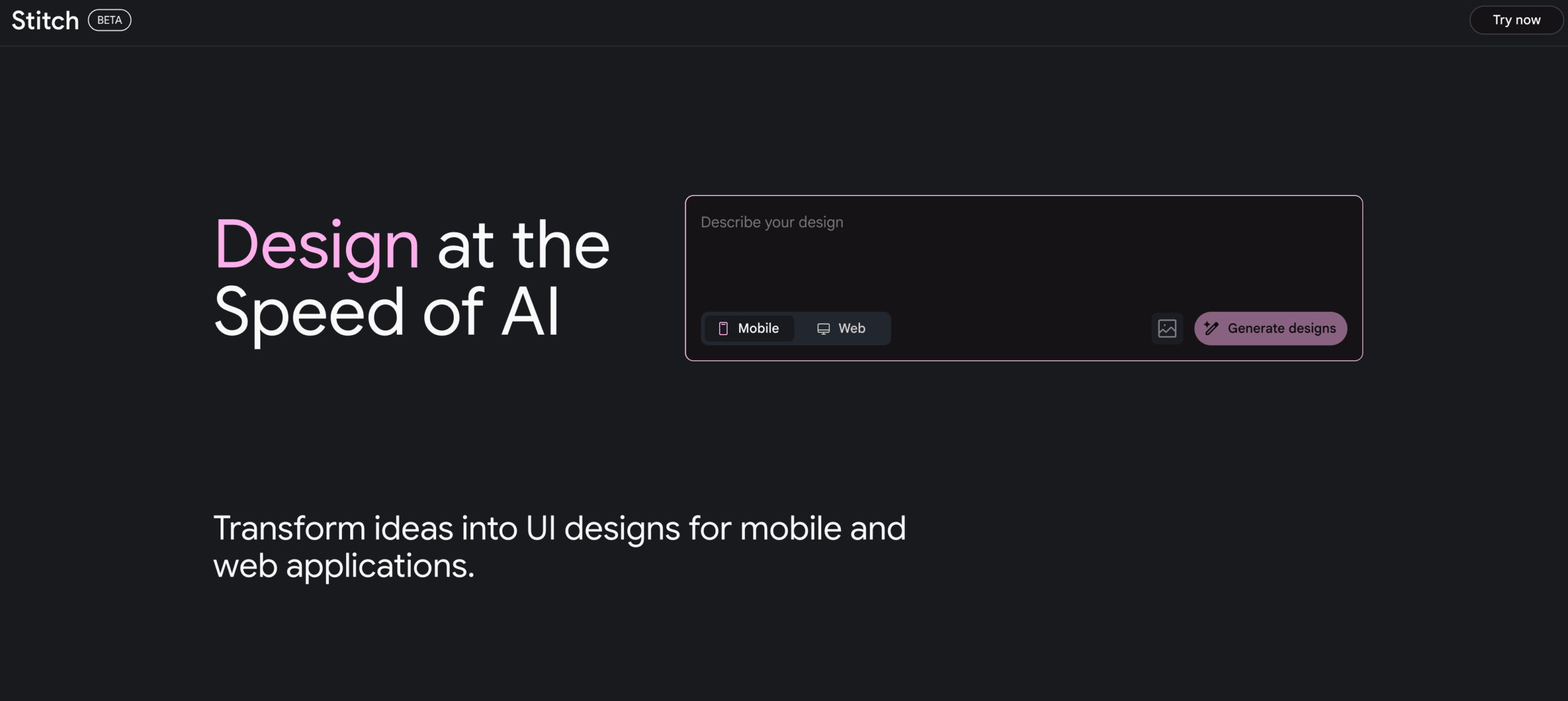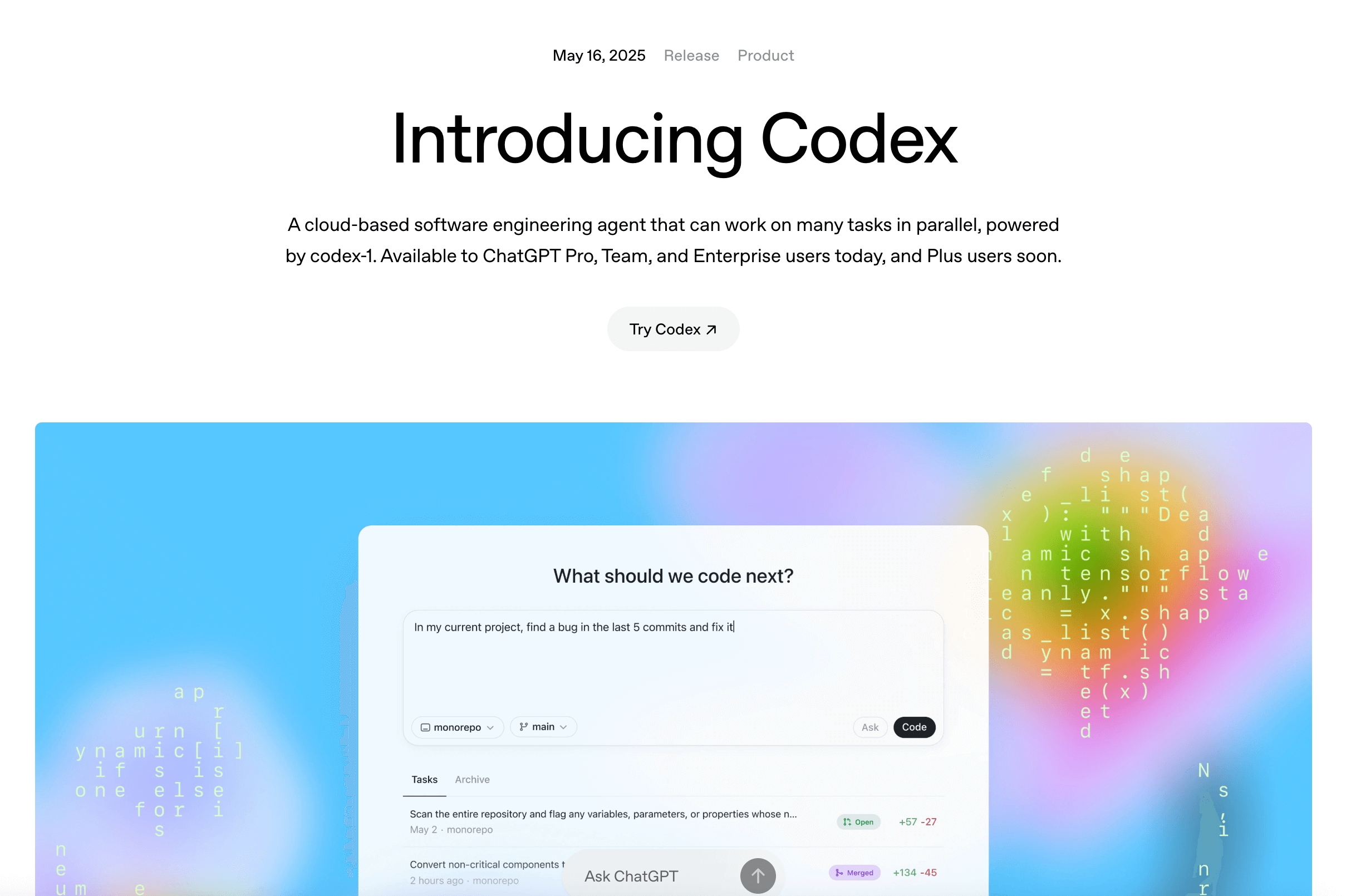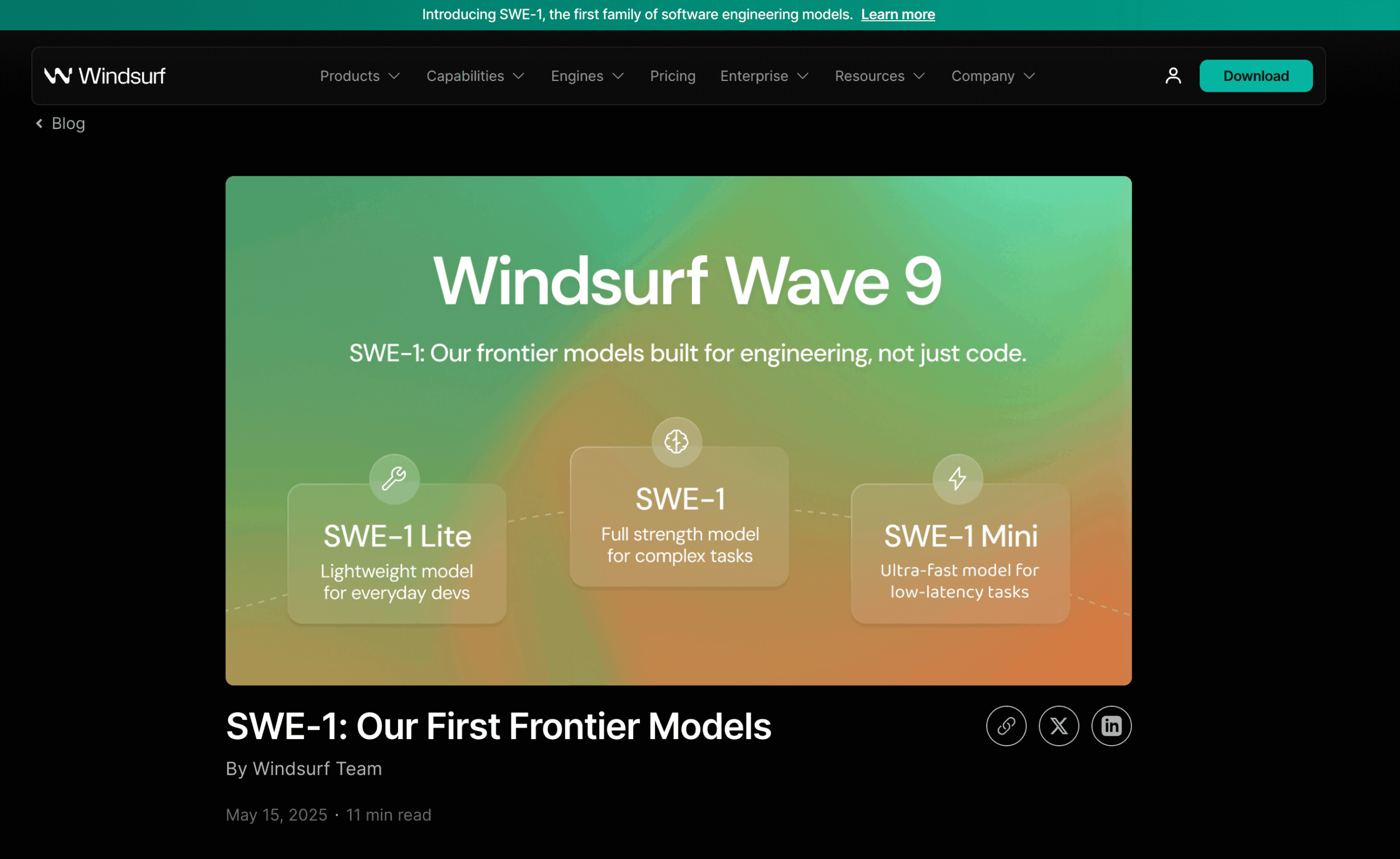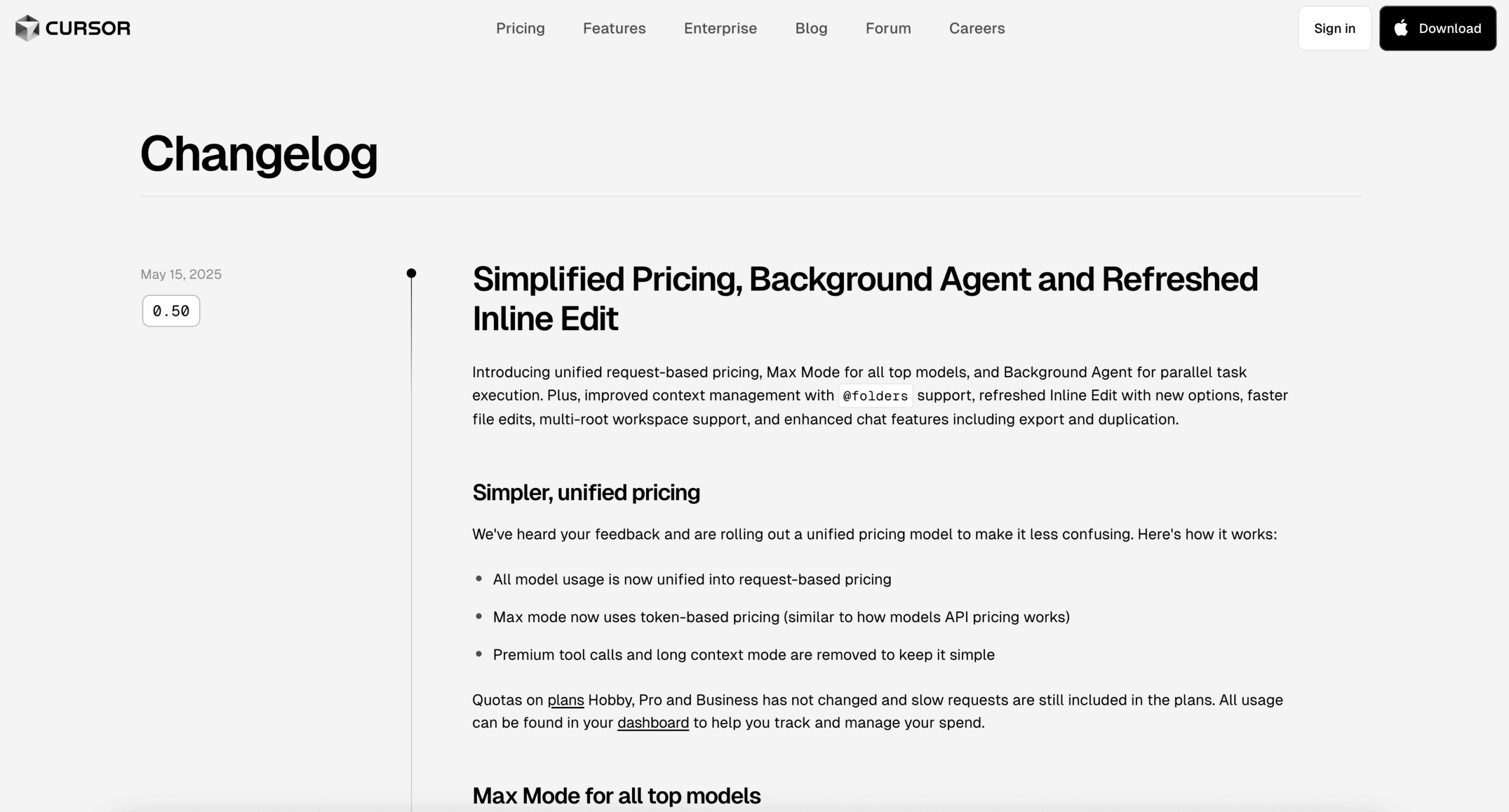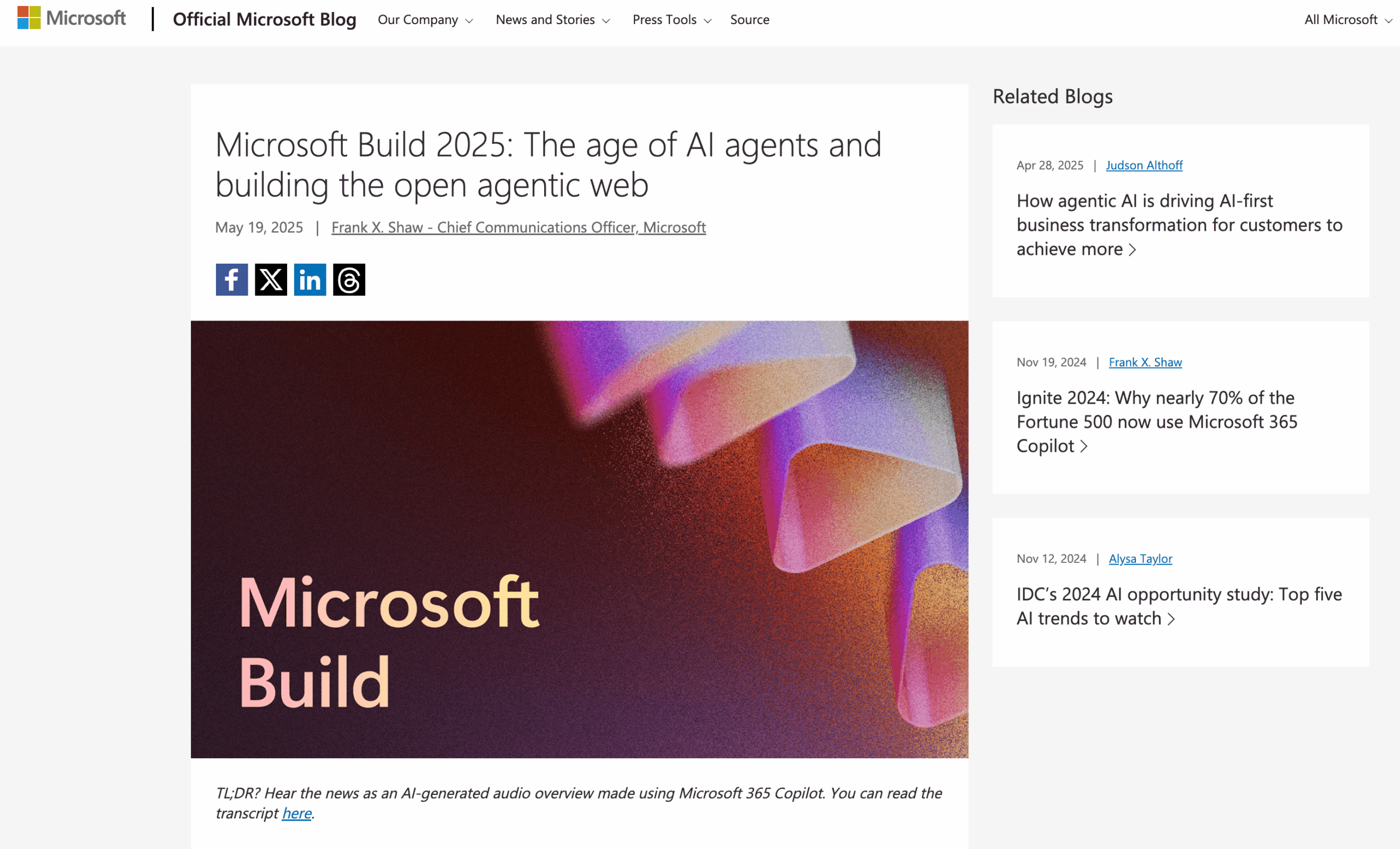With Stargate UAE, OpenAI is establishing the first international AI infrastructure and defining new standards for global artificial intelligence projects.
AI News

Artificial Intelligence (AI) has become an indispensable part of many aspects of professional and everyday life. It enables tasks to be completed more efficiently, precisely, and quickly. From text creation, data analysis, research, business processes, document search, and coding to the creative design of images and videos.
AI Agents
Smart AI systems, that can perform actions and assist users
AI Chatbots
All about up-to-date AI chatbots like ChatGPT, Gemini, Claude, and many more
Image Creation
Create stunning images using Midjourney and other tools
Video Creation
Create whole videos in seconds for marketing or personal use
AI Business
How is the AI market evolving? What are the big players up to?
AI Analytics
Analyze and visualize data from your business or personal finances
Programming with AI
Get a high-paying job by learning AI development skills
Automation
Make everything faster and reduce repetitive work with smart automation
Learn AI
Learn how to use AI, create prompts, and understand why this is a game-changer
Anthropic API: New code execution and MCP connectors transform AI agents
Anthropic adds four groundbreaking features to its API that transform AI agents into production-ready applications and fundamentally change the way intelligent systems are developed.
Claude 4: Anthropic’s new AI models with top coding performance
Anthropic launches Claude Opus 4 and Claude Sonnet 4, groundbreaking AI models specifically designed for complex coding tasks and deep reasoning.
Devstral by Mistral AI: AI model for software development outperforms GPT-4 on local hardware
Mistral AI has launched Devstral, a groundbreaking 24-billion-parameter model that is fundamentally changing AI-powered software development.
OpenAI and Jony Ive: 6.5 billion deal changes AI hardware market
OpenAI and former Apple design chief Jony Ive sign a groundbreaking deal to develop new types of AI devices.
Google Stitch: AI tool transforms UI design into working code
Google Stitch completely rethinks the development of user interfaces – the experimental tool converts simple text instructions or images directly into functioning front-end code.
AI sensation in software development: How OpenAI Codex relieves programmers
Software development is at a turning point with the introduction of OpenAI Codex, a cloud-based AI assistant that automates complex programming tasks and significantly increases the efficiency of development teams.
SWE-1: Windsurf’s AI model family changes software development
Windsurf is setting new standards in AI-supported software development with the introduction of its SWE-1 model family.
Cursor AI Update 2025: New tab model and background agent change development work
In its latest update, the developer editor Cursor AI integrates advanced functions for AI-supported programming that can fundamentally improve the software development process.
How Microsoft is shaping the future of technology with the “Open Agentic Web”
With its concept of the “Open Agentic Web”, Microsoft is redefining the future of digital interaction and placing autonomous AI systems at the center of technological development.

